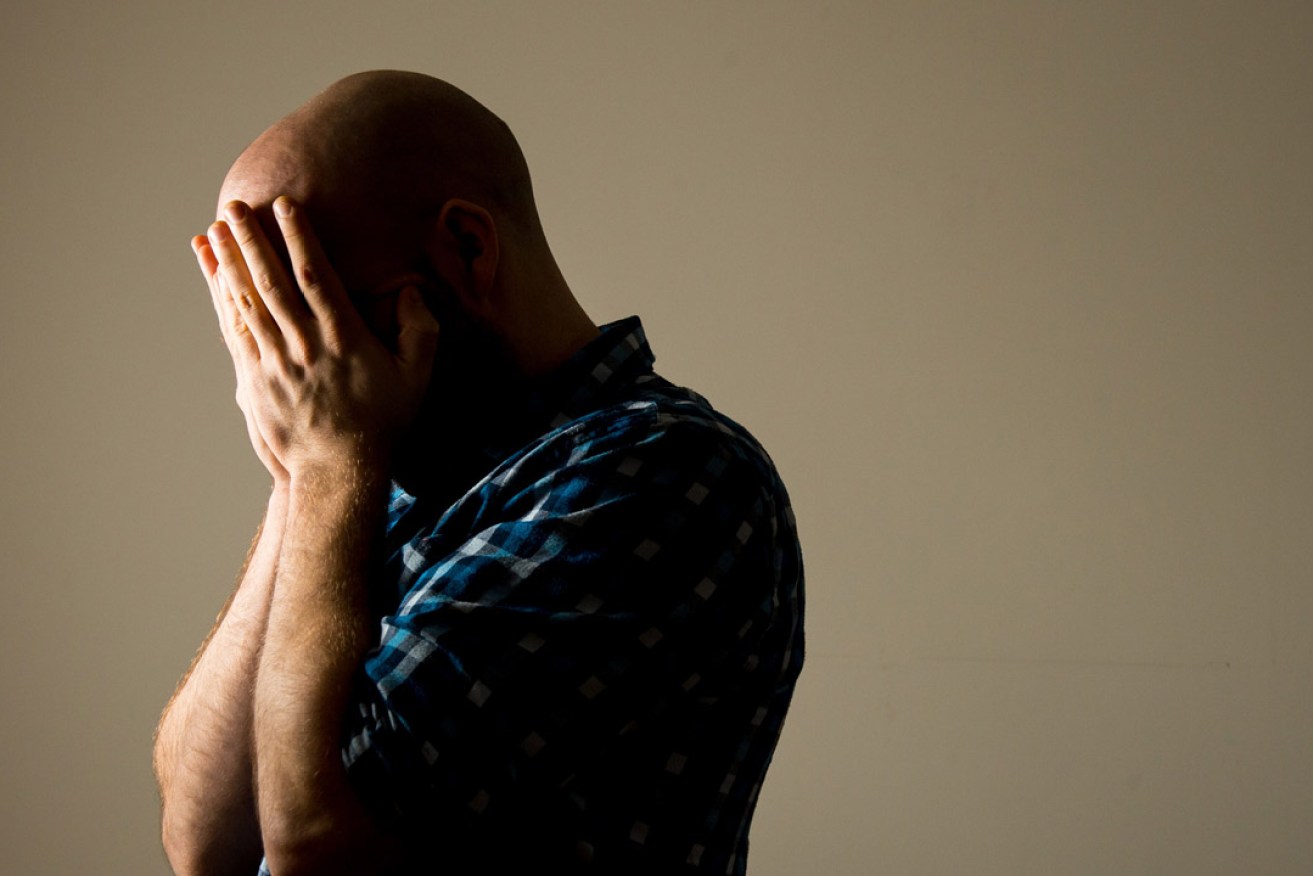SA call for cut psych sessions to be restored
SA psychologists say a federal government decision to cut rebated sessions from 20 to 10 is forcing poor mental health outcomes at a time when services are already failing to meet demand.


Emergency Service personnel are twice as likely to develop PTSD than those not in the profession. Photo: AAP
The Albanese Government reduced Medicare-rebated psychology sessions from 20 to 10 this year, pulling back on policy implemented by the former Liberal Government during the COVID-19 pandemic period.
This was a mistake according to two Adelaide psychologists, who are calling for 20 rebated sessions per year to be reinstated.
They’re supported by the Australian Association of Psychologists (AAPi) which says the government has not provided “adequate alternatives” since the sessions were cut.
The calls follow the release of a report last week detailing the significant funding gap for psychosocial support services in South Australia.
The Unmet Needs Study found it would cost the state and federal government $125 million per year to fund services that would benefit the 19,000 people in South Australia who need programs like carer services, rehabilitation and home-based support but cannot access them.
Adelaide perinatal health psychologist Dr Heather Mattner looks after women at the extreme end of postnatal depression from her office in Stirling.
She said that for women experiencing perinatal anxiety and depression, suicide was an unfortunate outcome.
“For the government to say that for those women 10 rebated sessions a year is enough – it’s absurd,” Mattner told InDaily.
“I think every woman in this country should find that deeply disturbing and deeply offensive.”
Mattner told InDaily that she sees most of her clients once a week for an average of 30 appointments in total and that she’s also checking in with them every day by phone.
“What do you do with 10 sessions? They’re gone in two months,” she said.
“Do I have to send the women away and say ‘oh sorry, I can’t see you anymore’? That’s presumably what the government thinks is appropriate.
“While women in this country die from suicide it is appalling that they only get 10 rebated sessions. It’s absolutely shockingly appalling.”
For women experiencing postnatal depression, Mattner believes that 40 rebated sessions per year would be appropriate. Additionally, she would like to see mental health vouchers given to all perinatal women.
“Women find it really hard to cope when they have a baby; it’s not easy,” she said.
“They shouldn’t have to go to a GP and get a mental health plan, because then you have the problem of the GP saying ‘oh dear; you’re just tired – it’s just a baby’. Some of them can’t even get a plan to get ten rebates.
“I think it would make a massive, massive difference to stress and coping for women; the impacts of that on their babies, on their partners, on their families.”
The issues are faced by psychologists across the board according to Adelaide Psychological Services’ practitioner Jamie Witt, who said a number of his clients were going backwards because of a lack of therapeutic intervention.
Witt has experience working with clients whose symptoms align with anxiety, depression, trauma, emotional regulation and addiction. He said he had clients who needed ongoing support for years but are about to end their 10 rebated sessions and were unlikely to progress as time goes on.
He also said that he’d noticed an increase in mental health problems being presented since the number of rebated sessions were decreased from 20 to 10.
“I’ve noticed an increase in depression, anxiety has gone up, suicide has gone up, presentation at hospital has gone up,” he said.
While for some patients 10 rebated sessions is enough, Witt said the policy does not take into consideration the different clinical needs that individual patients have.
“Some can come in for six to ten sessions and be finished, while those with major depression, OCD, PTSD, borderline personality disorder – some of those patients can take years and need ongoing, regular therapy,” he said.
“10 sessions are not nearly enough for some of the more severe disorders.”
Witt said he was resorting to emailing patients in lieu of appointments because they couldn’t afford to pay full price for a session and had to wait until their mental healthcare plan could be renewed.
“20 rebated sessions was a great idea. Even if you don’t use all 20 sessions, that’s no loss to the government. But for those that do need it – those 10 extra sessions can be vital to outcomes,” Witt said.
“Deaths from all causes are up, and on top of that the cost of living is now increasingly relevant. That increases levels of grief and changes in circumstances.
“A psychologist should never have to think about whether someone has enough sessions left – that shouldn’t be what they are thinking about. I should just be going on with therapy and getting the job done.”
AAPi executive director Tegan Carrison said the federal government needed to intervene, especially in light of recent data revealing suicide as the leading cause of death in men and women aged 15 to 44.
“Alongside the ongoing cost of living crisis, the situation is not going to improve,” Carrison said.
“We have some practical solutions that, if implemented quickly, would ease the burden. These include a $150 rebate for all psychologists and allowing the 8000 provisional psychologists to practice under Medicare.”
Lifeline Australia | 13 11 14
Beyondblue | 1300 224 636




